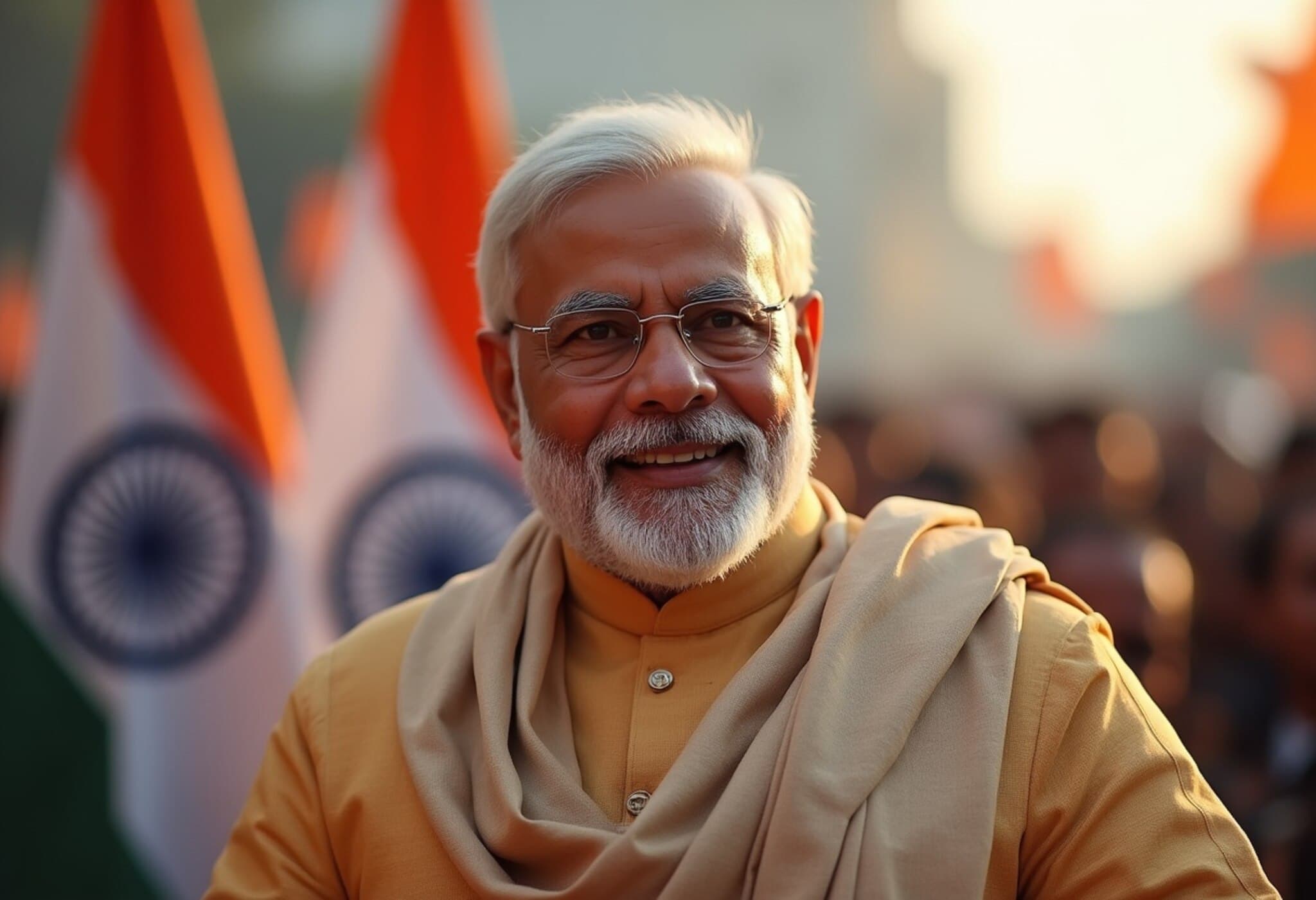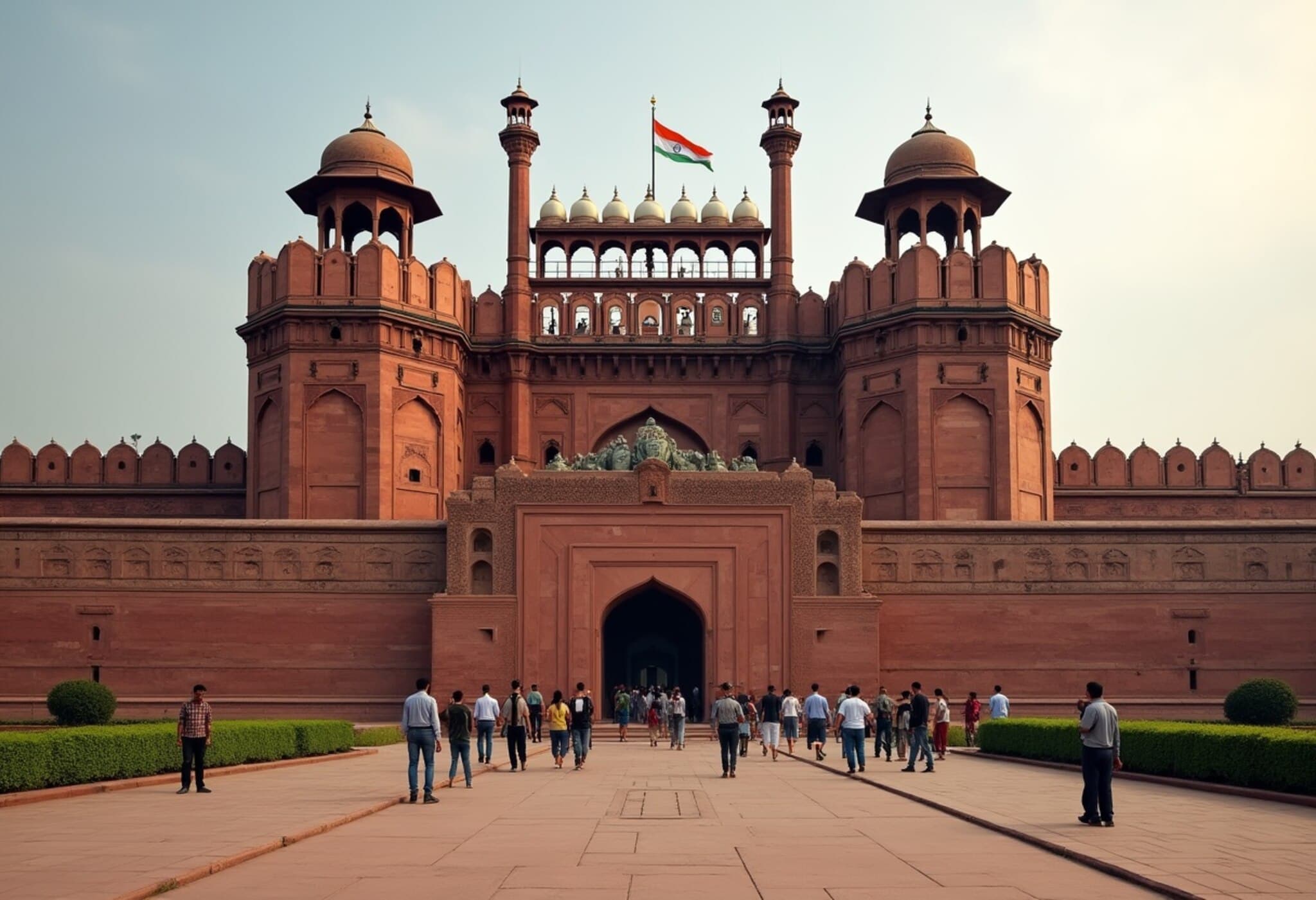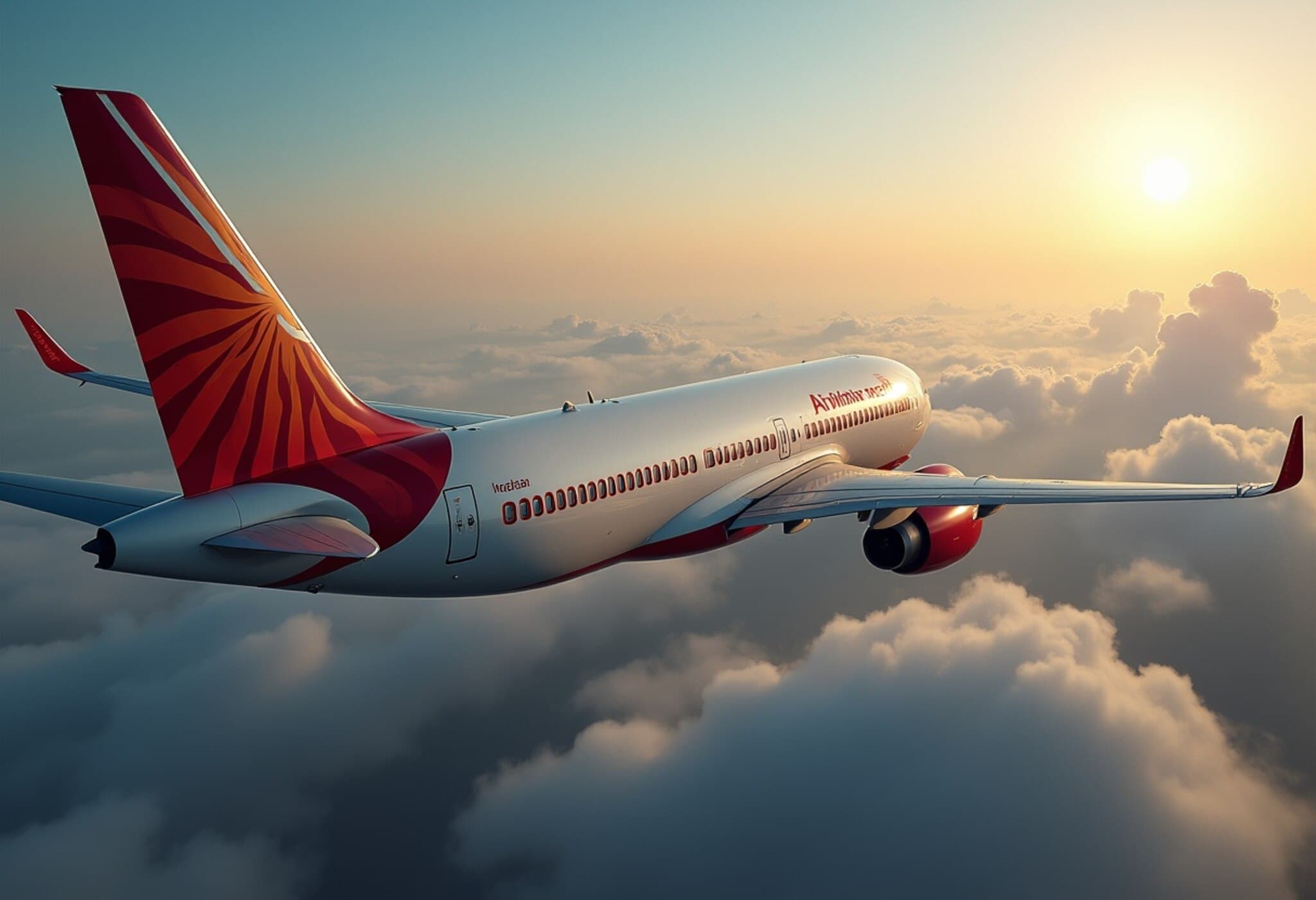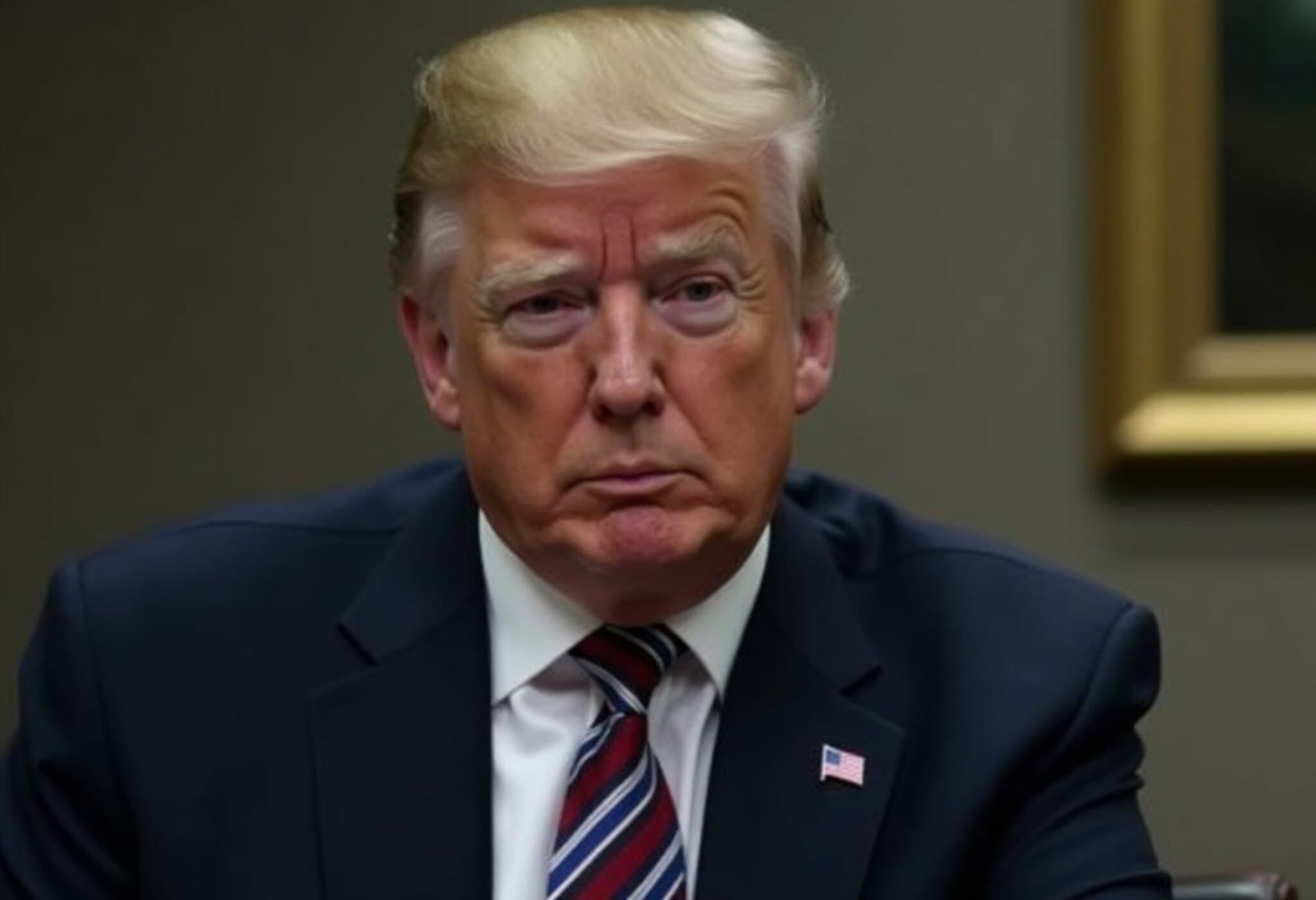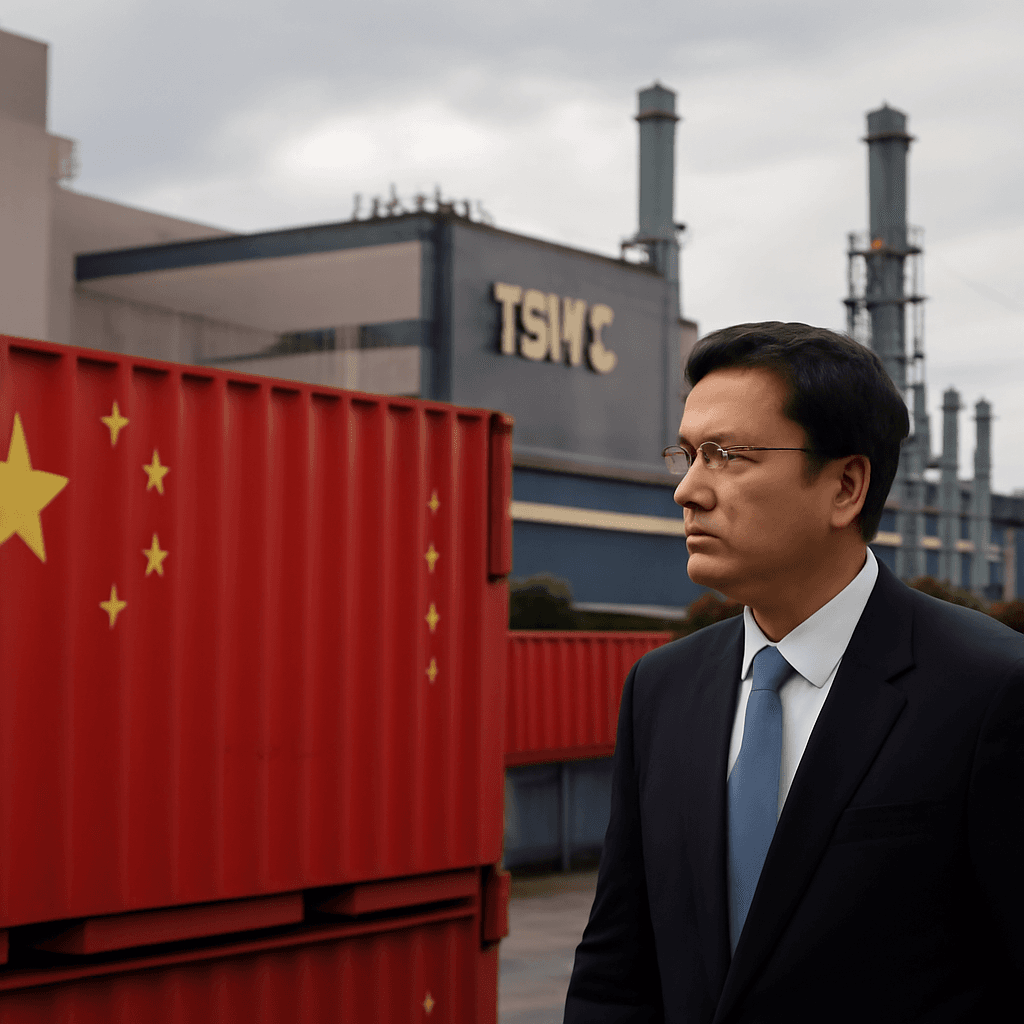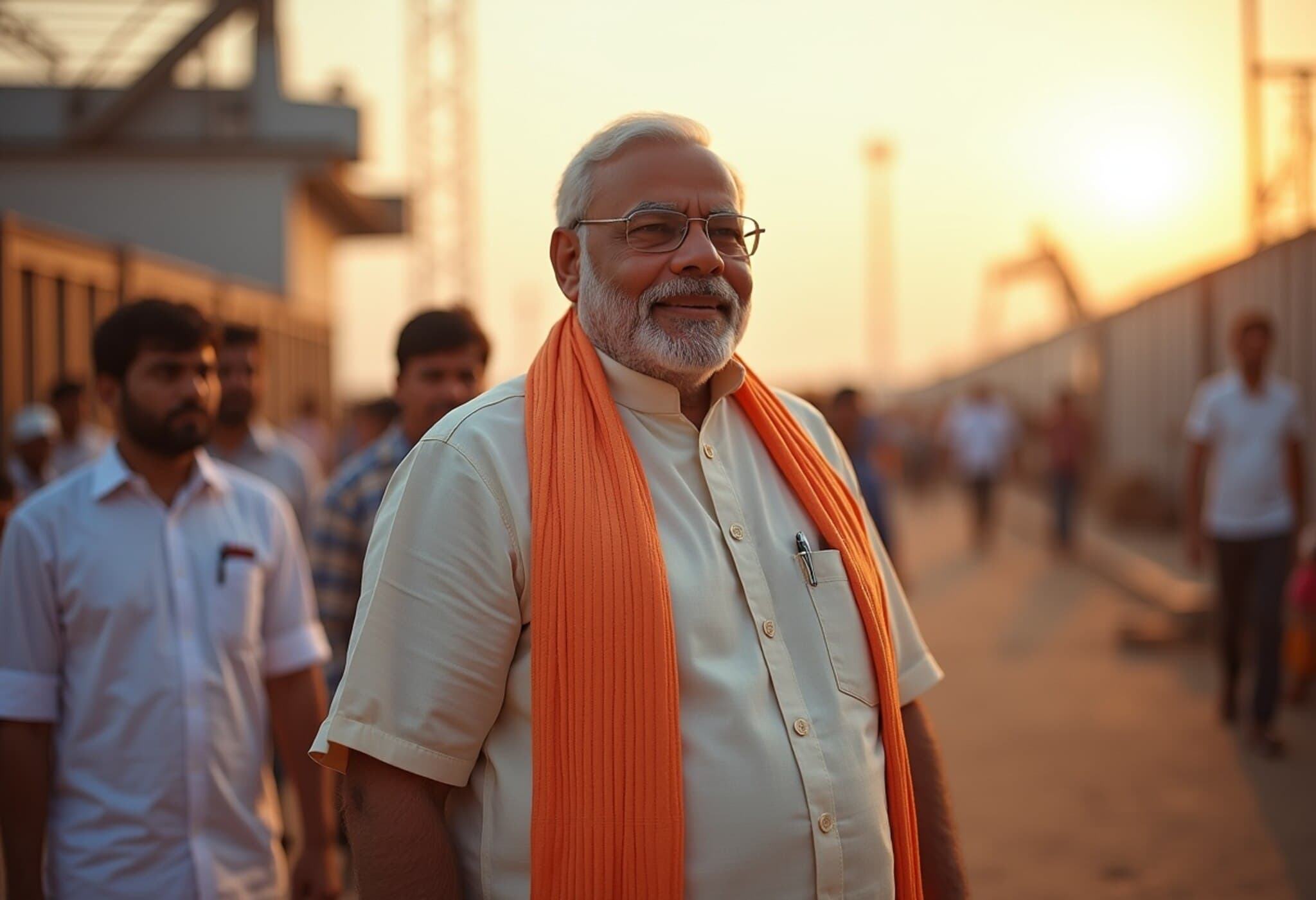Prime Minister Modi Marks Historic UK-India Free Trade Agreement in Tamil Nadu
Prime Minister Narendra Modi hailed the recently signed UK-India Free Trade Agreement (FTA) as a landmark moment reflecting international trust in India’s economic trajectory. Speaking during his visit to Tamil Nadu on July 27, 2025, Modi emphasized how this pact not only strengthens bilateral relations but also reinforces India’s position as a global economic powerhouse.
Major Projects Worth ₹4,900 Crore Unveiled in Tamil Nadu
During his visit to Thoothukudi, Modi inaugurated, laid foundation stones, and dedicated infrastructure projects collectively valued at nearly ₹4,900 crore. Among the highlights was the unveiling of a cutting-edge terminal building at Tuticorin Airport, developed with an investment of approximately ₹450 crore. These initiatives, Modi asserted, underscore the NDA government’s unwavering commitment to accelerating Tamil Nadu’s growth and development.
Infrastructure and Energy: Cornerstones of Progress
“Infrastructure and energy form the backbone of any state’s progress,” Modi remarked. Reflecting on over a decade of government efforts, he pointed out impressive national projects such as the Atal Setu Bridge in Goa, the Sonmarg Tunnel in Jammu and Kashmir, and the Bogibeel Bridge in Assam—all of which have generated thousands of employment opportunities and bolstered India’s connectivity.
Operation Sindoor: Showcasing 'Make in India' Military Prowess
Providing a glimpse into national defense advancements, Modi highlighted Operation Sindoor, a cross-border military offensive where weapons developed under the ‘Make in India’ initiative played a pivotal role in neutralizing enemy targets. This military success story, he noted, demonstrates how indigenous manufacturing contributes directly to national security and protects India’s sovereignty.
Vision for a Developed India and Tamil Nadu
Returning from his international tour, Modi expressed optimism about the future, stating, “The Free Trade Agreement with Britain accelerates our vision of Viksit Bharat, Viksit Tamil Nadu.” The PM’s remarks resonate with ongoing efforts to integrate Tamil Nadu’s economic strengths—such as its strategic ports and industrial hubs—with broader national policies aimed at inclusive growth.
Remembering Tamil Nadu’s Legendary Freedom Fighters
In a moment of reflection, Modi paid homage to iconic regional figures such as V.O. Chidambaram Pillai, King Veerapandia Kattabomman, and Veeran Azhagu Muthukon, whose valiant struggles for justice and independence inspire present-day initiatives. Their legacy, Modi suggested, continues to fuel the spirit of resilience and progress among Tamil Nadu’s people.
Expert Perspective: What This Means for India’s Economic Landscape
The historic FTA with the UK represents more than just a trade agreement—it signals a deepening trust in India’s market reforms, regulatory environment, and growing consumer base. For Tamil Nadu, a state that already serves as an industrial and technological hub, this deal could unlock fresh investment opportunities, particularly in sectors like manufacturing, renewable energy, and information technology.
Moreover, emphasizing infrastructure projects complements the FTA by improving logistical capabilities essential for exports and imports. Coupled with the ‘Make in India’ defense production showcased in Operation Sindoor, India is positioning itself as a multifaceted power capable of economic leadership and strategic defense.
Key Takeaways:
- UK-India Free Trade Agreement underlines international confidence in India’s growth.
- The inauguration of critical infrastructure in Tamil Nadu, including Tuticorin Airport's new terminal, signifies focused regional development.
- ‘Make in India’ defense technologies contribute directly to India’s security and global stature.
- The government’s strategy integrates historical values with future-oriented economic policies.
Editor’s Note
Prime Minister Modi’s visit to Tamil Nadu beautifully ties global economic diplomacy with grassroots development and national security. While the UK-India FTA opens doors to new trade prospects, it also invites scrutiny regarding implementation and equitable growth. As Tamil Nadu gears up to leverage these opportunities, the central and state governments must collaborate closely to ensure that infrastructure improvements translate into tangible benefits for local communities. The enduring legacy of freedom fighters reminds us that progress is not just economic—but also rooted in social justice and empowerment.
Readers are encouraged to consider: How will this Free Trade Agreement reshape India’s position in the global supply chain? And what concrete measures will ensure that the benefits reach every strata of Tamil Nadu’s diverse population?

